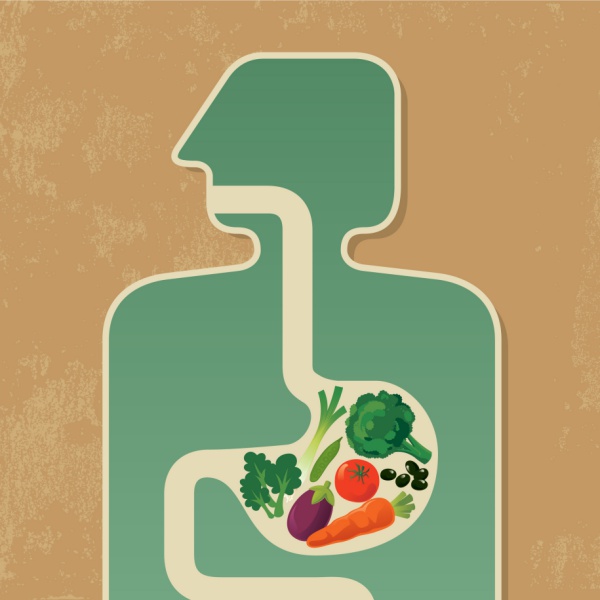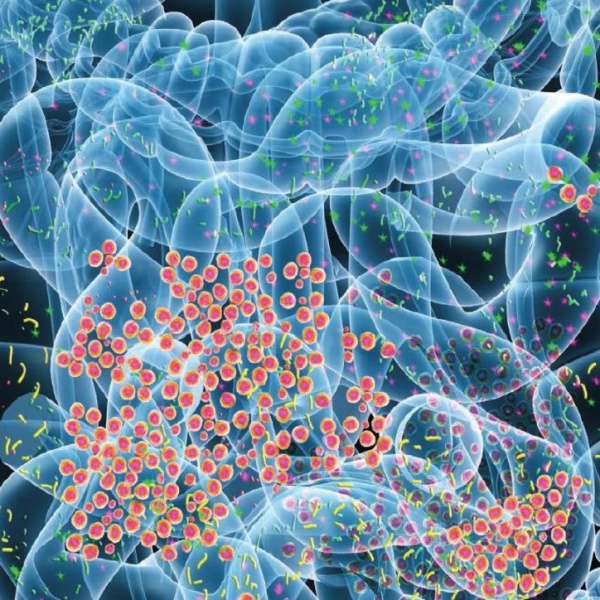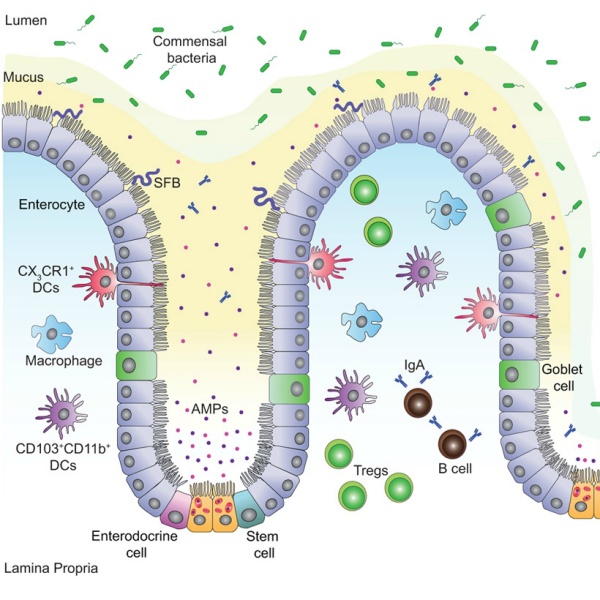Why is your Gut so Important?
The Gastrointestinal system is one of the most over-looked yet most important regulators of your health and wellness. The gut is responsible for many critical functions; such as digestion, absorption, assimilation and elimation, it provides the first physical barrier of defense against the outside world and it is also the home to the vast majority of your microbiome, immune system and peripheral nervous system.
To put it simply, if the GI system is unable to digest, absorb and assimilate nutrients effectively, while providing a barrier system to selectively prohibit invasion of unwanted micro-organisms, health will forever be out of reach, and disease a prevalent burden.
Digestion, Absorption, Assimilation

The Microbiome
The Microbiome consists of 100+ trillion organisms comprising over 35,000 different species of bacteria, viruses, fungi and protozoa. In fact, these organisms outnumber human cells 10-1 and human genes 360-1! From the cellular and genetic level, we are more “bacteria” than we are “human”. The greater the diversity of our microbiome, the greater our health.
The Microbiome is involved in regulating the mucosal immune system, GI motility, barrier function and integrity, supporting digestive and metabolic pathways, preventing colonization by pathogens, and producing B Vitamins and Vitamin K. Alterations to our healthy intestinal flora, also known as Dysbiosis, may disrupt many of these functions, putting you more at risk of infection and disease. Dysbiosis also may be responsible for symptoms such as fatigue, brain fog, stomach pain or cramping, irritable bowel, constipation, bloating, gas, skin problems or frequent colds, to name a few.

Barrier Function

The single-celled lining of the GI tract is the primary structure separating the external environment from the internal. The two primary roles of this barrier are keeping out “the bad”, while selectively allowing “the good” to get through. Example of “the bad” would be infectious microbes, environmental toxins, metabolic waste products, undigested food particles, etc. If the barrier breaks down, causing an increase in permeability (aka leaky gut), then these compounds can pass into the bloodstream where they cause problems wherever they end up. Among these is immune activation, where the immune system recognizes these particles as foreign and launches an attack, and inflammation, where these antigens create local inflammatory responses causing tissue damage and degeneration. Leaky gut is a key factor in autoimmunity, neurological conditions, arthritis, food sensitivities, fibromyalgia, candida, and many other immune or inflammatory based disorders.

